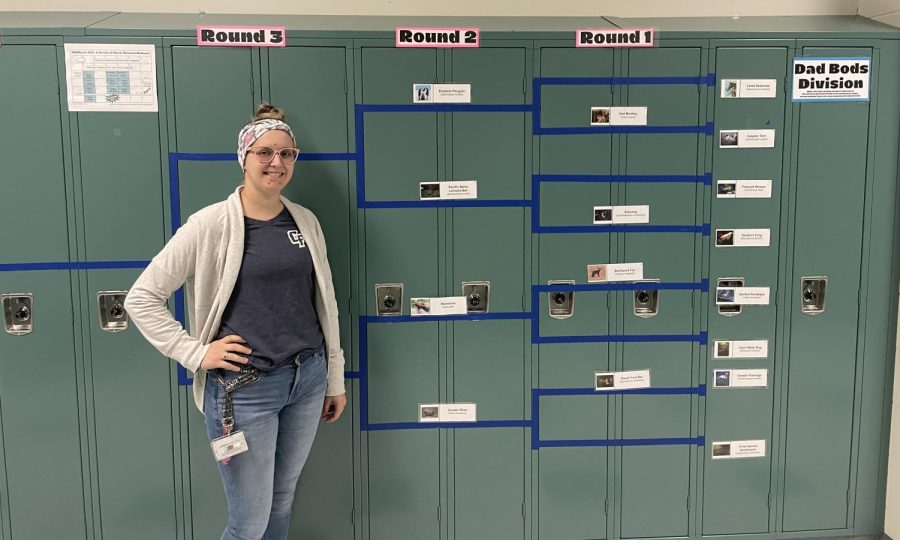Mammal Madness Grips Forge
March 29, 2023
The end of March harkens much to the world: the start of spring, Saint Patrick’s Day, daylight savings time, and the ever-popular March Madness.
For those of us who don’t understand, or don’t care about basketball, Arizona State University, which is currently also playing in the actual NCAA tournament, provides an alternative: March Mammal Madness.
The March Mammal Madness bracket first made its welcome debut in 2013, originating from Arizona State University associate professor Dr. Katie Hinde’s blog Mammals Suck… Milk! And from its humble beginnings the tournament quickly spiraled into stardom among scientific and educational circles.
Like the March Madness bracket, which requires hints of research and strategy, the mammal bracket works in the same way. The only thing that changes is that instead of human teams playing against each other it is instead an animal facing off against another animal based on where in the bracket they reach.
Unlike March Madness, the mammalian version is instead entirely fictional, with no animals being really forced to fight against one another. The results of each round don’t always have to end in the simulated “death” of an animal as well, and can be won through displacement or an animal’s choice to not fight at all.
To announce a winner, organizers take into account physical strength, temperament, skills, and other attributes of the various animals to decide which will win and move up the bracket.
To bring this educational experience to students, Mrs. Taylor Simpson invited her students and other science classes to participate by filling out their own brackets and predicting the results of each “fight”.
“This is my first year running it by myself. I’ve seen other science teachers do it. The first time I heard about it was about four years ago, so I figured this year was probably the year that I should try it out,” Mrs. Simpson said.
The Twitter page for Mammal March Madness posts the announcements in the dramatic sports broadcasting style, with recaps posted on Arizona State University Mammal March Madness website, and also on the Rodent Roundtable YouTube channel, an unofficial announcer for the bracket, which recaps the games using extremely charismatic puppet hosts.
“[The students are] pretty excited. A lot of [students] have gone through and they’ve noticed their brackets are getting messed up now and they’re trying to figure out why it happened. And it’s interesting to see them go back and actually try to look through their information that they have on each of these panels to see where maybe they went wrong with it. They also let me know when I forget to put the results up right away, so they’re also looking and getting excited about having that information come out so they can check their stuff,” Mrs. Simpson said.
A bracket for the event was put up in a first floor hallway besides Mrs. Simpson’s room, where she updates each bracket whenever the results are released, and students can also easily observe this bracket to update their own predictions.
Whenever two mammals face off, those running the tournament combine the attributes of the animals with a random number generator to simulate outcomes, which can lead to unexpected results.
“I [choose the animal] based on how it looks, the information given. Some of them are not really attack type animals, and some of them are very aggressive animals. Also size plays a big role, if you’re a small animal against a very big animal, you are most likely not going to win,” Cayden Clarkson (‘25) said.
Even home field advantages, or more specifically home habitat advantages, are taken into consideration. And just like the human March Madness injuries can also occur and become a detriment to the mammal, in both the current round and future rounds.
Although simulated, the rounds are still riveting. It is not every day one is able to “see” a pride of lionesses and an orca face off, as was the final championship round for last year’s tournament.
“[I’m in it for] Mammal March Madness, I could care less about the other one,” Clarkson (‘25) said when asked about following the NCAA March Madness games.
Although the tourney has already started, it is not too late to play along, with many of the results still waiting to be revealed. Those wishing to create their own bracket can find one here.
“I’m hoping the striped hyena is taking the entire thing. If not, I’m gonna be very disappointed,” Clarkson (‘25) said.



